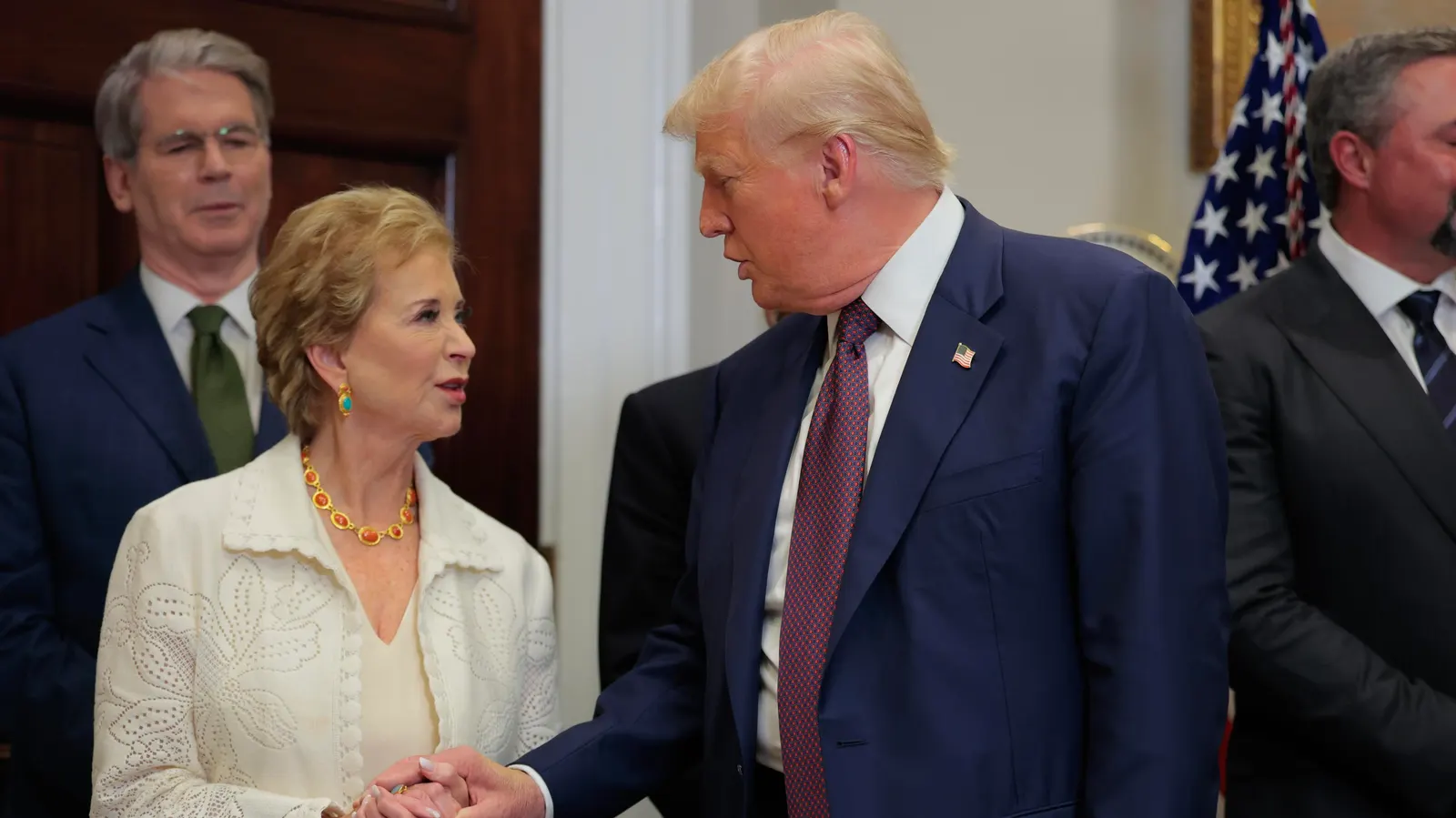
Charlie Kirk was assassinated while speaking on a college campus. This is a grim moment for higher education, for our country and for freedom of speech. Violence is never a legitimate means of disagreeing with a speaker on a college campus. Mr. Kirk was a controversial and polarizing figure, but that doesn’t matter.
A commitment to nonviolent disagreement should be an obvious part of the fabric of our campuses, just as it is obvious that students need oxygen to breathe. Colleges and universities need to reconfirm our commitment to nonviolent forms of disagreement — even when we are confronted with voices that disparage or dismiss identities and worldviews. This is also a time to foster more disagreement, not less.
In an increasingly polarized country, where social media algorithms make it easier than ever to operate in an echo chamber, it’s not surprising that almost 1,000 people signed a petition calling for Utah Valley University to rescind Mr. Kirk’s invitation to speak on campus. The university rightly responded by issuing a statement affirming its “commitment to free speech, intellectual inquiry and constructive dialogue.”
Colleges and universities have long resisted polarization and monolithic thinking by invoking these commitments to open discussion and inquiry, and we must continue to do so. College campuses must remain places where students are able to ask and grapple with hard questions, especially those that are uncomfortable and even hurtful. Higher education’s role is not to erase conflict but to channel it into dialogue, debate and learning. To do so, educators and students must face ideas we find offensive and speakers whose words cause pain.
Yet new strategies are also needed. Some on social media have attempted to minimize the broader implications of Mr. Kirk’s assassination by pointing to his extreme views, such as his arguments that some gun deaths are an acceptable price to pay for the right to bear arms. These attempts are like blaming a victim of sexual assault for going to a party wearing provocative clothing.
Instead of demonizing or valorizing any individual viewpoint, we must focus our energies on combating the groupthink that shifts us away from intellectual exploration and discourse — and, sadly, toward violence. To do so, we must critically examine how our campus cultures have evolved and need to change. Recent conversations about higher education have focused primarily on undue government interference. But we must also acknowledge the ways higher education is under attack from within.
Thank you for your patience while we verify access. If you are in Reader mode please exit and log into your Times account, or subscribe for all of The Times.
Thank you for your patience while we verify access.
Already a subscriber? Log in.
Want all of The Times? Subscribe.



